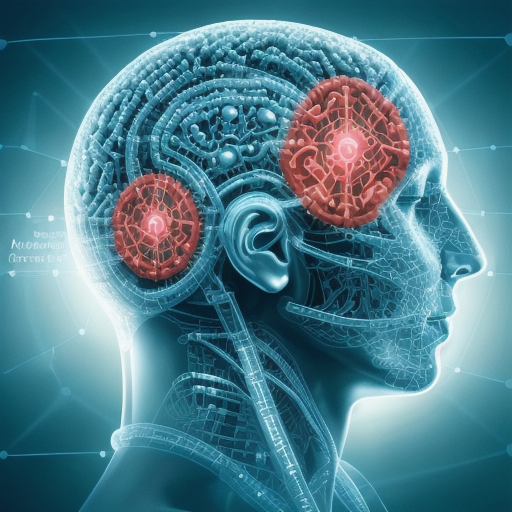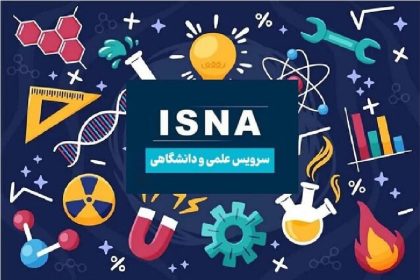Scientists at the University of Texas have used artificial intelligence and biosensors in an innovative way to help them develop Alzheimer's drugs faster.
According to Tekna technology and technology news service, people suffering from Alzheimer's disease or other dementia diseases around the world use a common drug called Galantamine to treat the symptoms of the disease. The active ingredients of this drug are associated with problems for production on the required scale. Its active ingredient is produced from narcissus flower during a time-consuming process, and various factors may affect the price and supply of this drug. Researchers at the University of Texas at Austin, with the help of artificial intelligence system and biosensors, developed new methods to inhibit microbes, which can solve many problems related to the production of this drug.
In this process, genetically modified bacteria were used to create the chemical precursor of galantamine. This precursor is the byproduct of the normal cellular metabolism of microbes. In fact, these bacteria can transform food into medicinal compounds through the programs carried out. According to Andrew Allington, a professor at the University of Texas and the senior researcher of this project, the goal of this research is to make these drugs in large quantities. Using this new method, it is possible to create a reliable source that greatly reduces the cost of production, does not have a growing season, and does not change due to drought or flood.
Danny Diaz, a postdoctoral researcher at this university, has invented an artificial intelligence system for this method, which is actually the key to this process. In this system, the mutation of proteins and how it occurs in bacteria will be determined. This work is done with the aim of improving the efficiency and operating temperature and production of medicinal chemical. The process of inhibiting microbes to produce products has been used before. For example, bacteria are effective in the production of cheese and yogurt, and microbial fermentation helps in the production of certain types of insulin in the treatment of diabetes.
RCO NEWS

















